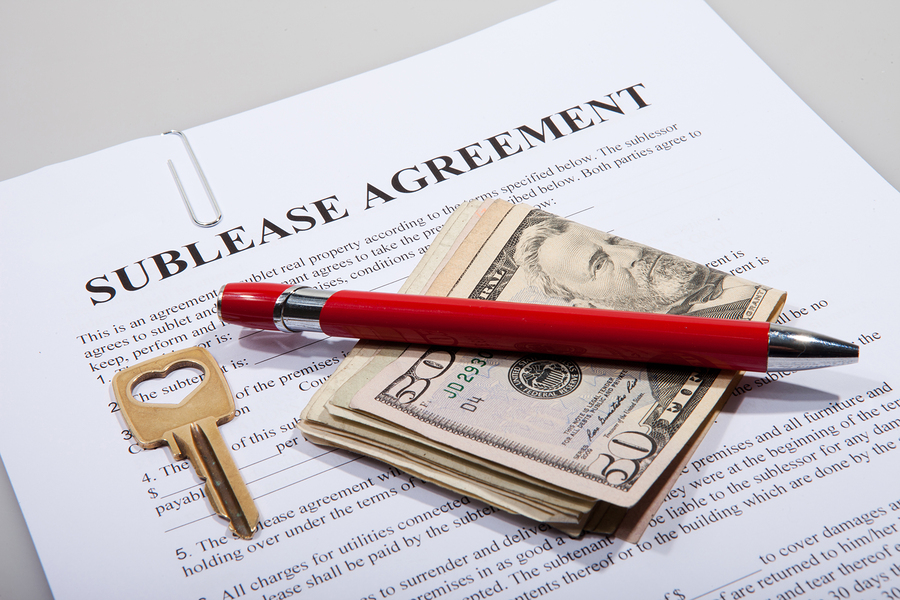The Difference Between a Lease and a License

Landlord and Tenant may be happy they included a Subleasing Clause in their Commercial Lease
September 26, 2019
Commercial Leasing Considerations for Marijuana-Related Businesses in Florida
November 18, 2019A lease and a license are two separate legal concepts that offer different rights and duties to the contractual parties. The difference between a lease and a license comes down to the duties and rights in a contract. A contractual agreement between a tenant and a landlord that provides the tenant with exclusive interest in the property is termed a lease. A license is when the owner gives permission to a licensee to conduct an action on the owner’s property. The main difference between the two has to do with an individual’s right to control the property.
A lease is a contract that exercises much less control than a license over the party that is making the payments. If you are entering into a contract where you essentially have freedom to do what you will on a piece of property (in accordance with the terms and conditions), this is likely a lease agreement.
Leases create interest in the property involved, and as a result leases can be transferred to another party due to these ownership rights. In the case of apartments, this is called subletting. Landlords and tenants may find benefit in including subleasing or an assignment clause in their commercial leases.
A license does not grant any interest in the property, and you cannot transfer a license. For example, a ticket purchased to go on a cruise does not give you any ownership right to the cruise ship. You also do not have any rights to control who else buys a ticket and goes on the cruise ship.
Contractual Terms with Leases vs. Licenses:
A lease typically requires an oral or written agreement between the parties involved (i.e. – the landlord and the tenant). Such an agreement should include the following:
• A detailed description and extent of the property being leased;
• The lease terms;
• The price of rent;
• Terms of payment (how and when payment should be made).
Revocability When It Comes to Leases and Licenses:
It is important to note that a lease cannot be revoked by the owner before the end of the term; that is unless the terms of the contract have been violated in some way. In contrast, licenses can be revoked at any time. Parties cannot turn a lease into a license by simply calling it that. In conclusion, the nature of control and the terms of the agreement are the ultimate distinctions between a lease and a license.
Source: Upcounsel




